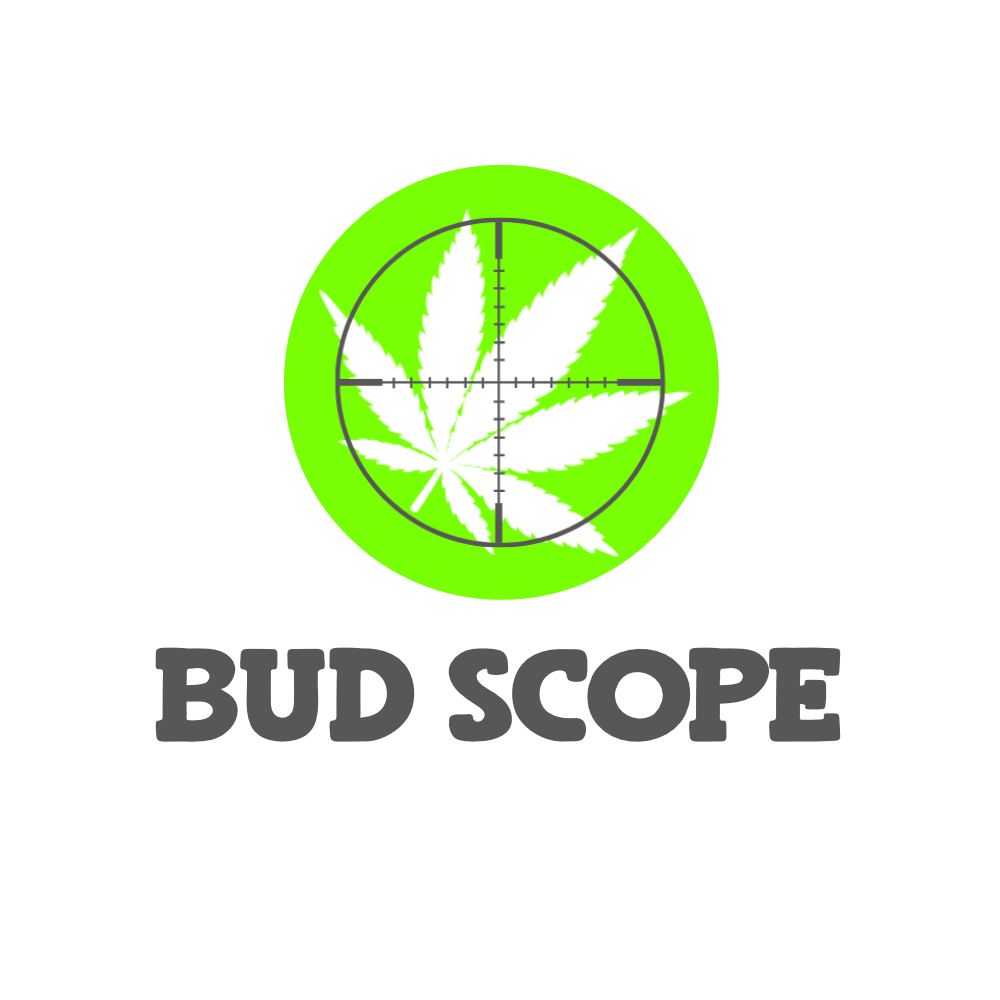Cannabis Use and Trauma:
- Traumatic experiences are linked to increased cannabis use and higher instances of cannabis use disorder (CUD).
- Veterans who use cannabis medicinally have a higher association with combat exposure and arousal in triggering situations.
- There is a strong association between heavy PTSD symptoms and CUD.
- CUD is more strongly associated with PTSD compared to other psychological disorders.
- Trauma and psychological symptoms are significant predictors for cannabis initiation and CUD.
Cannabis Use for Treatment:
- THC is not effective in treating emotion-regulation and anxiety-related symptoms.
- CBD weakens the emotional response to traumatic memories.
- Cannabinoids may assist with fear extinction and combating depression.
- Naboline is effective in decreasing PTSD nightmares.
- Further studies are needed to confirm the therapeutic potential of cannabinoids.
Cannabis Use and Sleep:
- THC reduces time to sleep but disrupts circadian rhythms.
- Synthetic THC shows similar tolerance effects.
- Higher CBD doses show potential therapeutic effects on sleep.
- CBD reduces sleep latency due to anxiety in REM sleep.
- CBD may help in managing sleep disturbances in individuals with PTSD and MDD.
Cannabis Use and Mental Health:
- Cannabis use is explored for its association with depression.
- Anxiolytic effects of cannabinoids, such as Delta9-tetrahydrocannabinol, are studied.
- Structural MRI findings in long-term cannabis users are examined.
- The role of the hippocampus in feedback regulation of stress responses is investigated.
- Delta9-tetrahydrocannabinol impacts brain temperature and circadian rhythms.
Studies on Synthetic Cannabinoids for PTSD Treatment:
- Various studies have explored the use of synthetic cannabinoids for managing PTSD symptoms.
- Synthetic cannabinoids have shown promise in addressing treatment-resistant nightmares in PTSD.
- Research has been conducted on the efficacy of nabilone and oral Δ9-tetrahydrocannabinol in treating PTSD-associated symptoms.
- These studies highlight the potential of synthetic cannabinoids in the treatment of PTSD-related symptoms.
Cannabis use and trauma Data Sources
| Reference | URL |
|---|---|
| Glossary | https:/glossary/cannabis-use-and-trauma |
| Wikipedia | https://en.wikipedia.org/wiki/Cannabis_use_and_trauma |
| Wikidata | https://www.wikidata.org/wiki/Q104856817 |
| Knowledge Graph | https://www.google.com/search?kgmid=/g/11qm6vpdgl |
| DBPedia | http://dbpedia.org/resource/Cannabis_use_and_trauma |
| Product Ontology | http://www.productontology.org/id/Cannabis_use_and_trauma |
